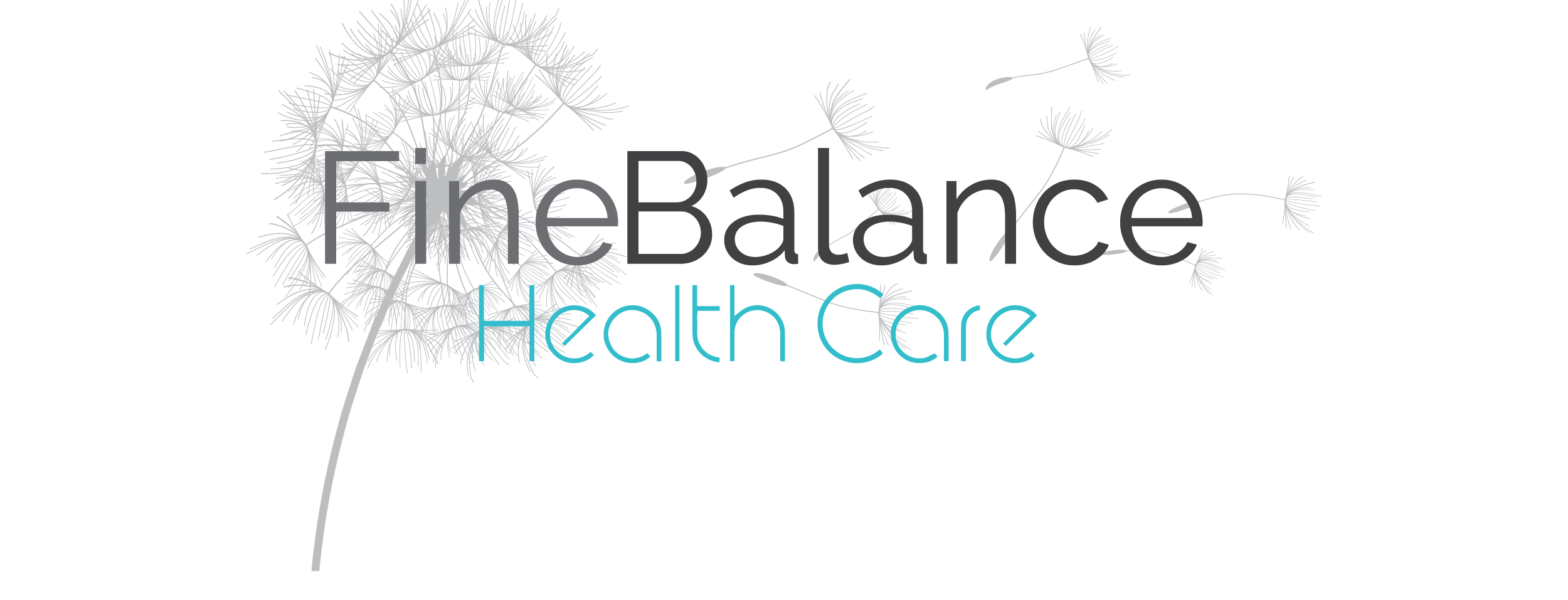
Gua sha is rooted in traditional Chinese medicine. Practitioners of this medicine believe that a person’s qi, or energy, must flow unhindered throughout the body so you can feel your best. When qi becomes stagnant, health problems occur. With Gua sha, your acupuncturist uses a smooth-edged tool to gently scrape areas of your body where inflammation or stagnant qi exist to help improve circulation and promote healing. When done correctly, Gua sha can help you unlock radiant skin and achieve holistic well-being. continue reading




